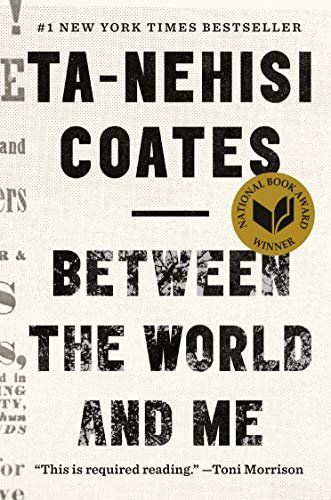Examining Media Bias: Why Society Prioritizes Certain Lives Over Others
My thoughts on the uneven distribution of empathy
I’ve been reflecting on how society decides whose lives deserve empathy and attention. This reflection began with conversations I had with my mom, a co-worker, and my friend Sara about the recent shooting of a prominent CEO in the United States—a story that dominated media coverage and drew widespread public sympathy. While my mom and co-worker disagreed with my perspective, Sara shared my view.
I tried to make my mom understand that how some people reacted to the CEO’s death— was not mockery, but indifference. I explained that this lack of care wasn’t rooted in cruelty but in lived experiences and systemic inequities. For many, the overwhelming coverage of the CEO’s death felt hypocritical. It reminded them of their own loved ones—siblings, parents, children—who had died due to inadequate healthcare in a system that denies coverage to so many. To them, the lives of everyday people are routinely ignored, while those who profit from these inequities receive disproportionate attention and sympathy.
This disconnect with my mother and co-workers made me question how society determines whose suffering is worthy of compassion. It’s not about celebrating someone’s death; it’s about frustration with a system that seems to care only when tragedy affects the powerful. These conversations, especially with Sara, challenged me to think critically about how media narratives and social hierarchies shape the uneven distribution of empathy—and why certain lives and stories are consistently prioritized over others.
Whose Bodies "Deserve" Empathy?
This disparity became even clearer to me when I thought about other recent tragedies. I remember the OceanGate submarine disaster, where 4 billionaires died while exploring the Titanic. The world seemed to hold its breath as millions of dollars were spent trying to rescue them. Meanwhile, every day, thousands of migrants—Black and Brown bodies fleeing war, poverty, and persecution—drown in the Mediterranean or the Atlantic.
The difference?
The same is true for places like Palestine, the Democratic Republic of Congo, Syria, and Sudan. I’ve seen images of the destruction, the decapitation, the explosion and more and images that will forever be imprinted in my mind and soul. I have heard the stories of suffering, but the media doesn’t linger on these tragedies the way it does on the deaths of the wealthy and powerful.
The world undeniably values some lives more than others, and I think we all understand why. What troubles me, though, is that my mom—a marginalized woman—and my co-worker, who is far from wealthy, share the same perspective that upholds this imbalance.
Why Empathy is Unevenly Distributed
I don’t think the reasons behind this inequality are a mystery. Racism, colonial legacies, and capitalism shape who gets to be seen as human and whose stories deserve compassion. Wealthy, Western lives are framed as the default, the ones we’re supposed to relate to.
This framing is everywhere—in the media, in our politics, and even in our daily conversations.
But what I can’t stop thinking about is why so many people still defend these hierarchies of care. Why are we still asked to empathize with the wealthy and powerful, even when they’ve perpetuated the very systems that harm us?
And why do people misunderstand those who refuse to care about the deaths of the rich, mistaking their indifference for cruelty?
For me, indifference to the deaths of wealthy individuals—whether CEOs or billionaires—isn’t about hatred; it’s a response to the inequities that define our lives. It’s about survival in a world where empathy for marginalized people is scarce.
When you’ve been ignored for so long, it’s hard to muster sympathy for those who’ve benefitted from the system that oppressed you.
I don’t have the answers, but I think about this constantly. `
Why do we care so much about some lives and so little about others? A CEO’s death shouldn’t overshadow the suffering of millions in Palestine or the uncounted lives lost in the Mediterranean.
I want us to challenge these disparities, to question why we’ve let systems and narratives tell us which bodies deserve care and which do not.
Books:
The Value of Everything by Mariana Mazzucato: Explores how society values wealth creation over human life.
The Empathy Gap by J.D. Trout: Discusses why empathy is unevenly distributed in society.
Just Mercy by Bryan Stevenson explores the justice system and empathy.
Between the World and Me by Ta-Nehisi Coates, reflecting on racial injustice and inequality.
Articles:
Reports:





